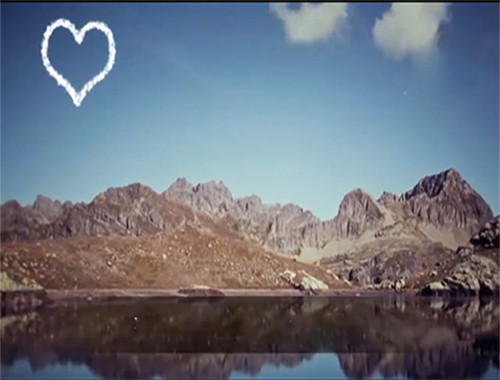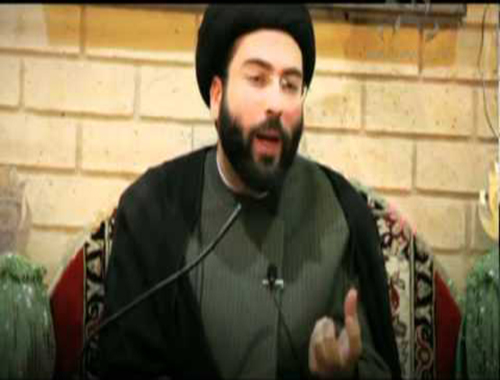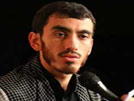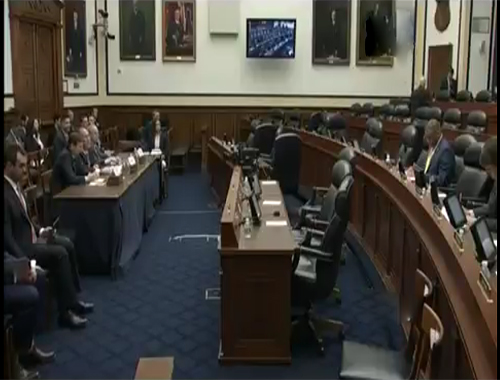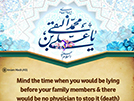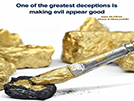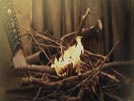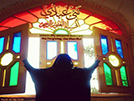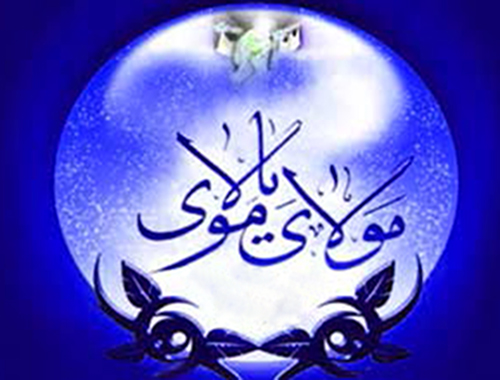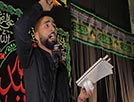Man from the Qur'anic point of view
- Details
- Hits: 1663
Man from the Qur'anic point of view
The story of Adam as portrayed in the Qur'an shows that in the course of his material development and physiological changes, [4] man reached a stage where he obtained a new birth [5] with the infusion of the Divine spirit. [6] Then in the course of his normal development, he suddenly experienced a divine change as the result of which he was transformed into such a super being [7] that even the angels were asked to pay obeisance [8] and the world forces were made subservient, to him.
The Forbidden Tree of Paradise is not that of knowledge which should not be approached, but it is a tree of lust which should be controlled. It is a means by which man tests his will‑power and the power of self‑control. Even man's disobedience is a symbol of the freedom granted to him by Allah.
To have access to `knowledge' is not forbidden to him: In fact, it is a gift with which he has been especially blessed. Allah taught him that which none else knew. [9] Knowledge is one of the factors by which man gained superiority over the angels. [10]
Even Adam's expulsion from Paradise was a forerunner of a sort of self‑sufficiency, the blooming of his talents and the beginning of his creative struggle. [11] It was a stage preliminary to his self‑making. Though `fall' came in the wake of disobedience, but it did not culminate in condemnation and permanent contempt. As the result of seeking forgiveness and attaining self‑consciousness, it became a matter of blessing. [12]
Man's relation with Allah is not that of hostility or rivalry, for Allah is Self‑sufficient and All‑powerful. Even if all men disobey him, He is going to lose nothing. [13] He is far away from jealousy and any kind of anxiety. Therefore man cannot place any restraint on Him through his disobedience. Man's disobedience is only a manifestation of his free will and power of choice granted to him by Allah.
Allah appointed man as His vicegerent on the earth, [14] that is to say, He gave him authority and power. Not only that, whatever man could use and could control in the heavens was also subdued to him. [15]
Allah is not apprehensive of man. He urges him to settle on the earth [16] and make use of all the forces hidden in its mountains and plains. [17]
Man's domination over land and sea and his control of them is one of the requirements of his dignity. [18]
According to the Qur'an man is neither a predestined being [19] nor has he been given a free reign to pass an aimless life. [20]
He has been endowed with many capabilities, dispositions and motives accompanied by a sort of inner direction [21] and innate guidance [22] which, if not corrupted, will lead him to truth, knowledge, [23] and all stages of creative skills, including those of new discoveries based on previous experience, those of the invention of new tools and equipment for the expansion of his control of nature and those of increasing his efficiency in overcoming any hurdles which he may have to face.
Besides that, man is also the bearer of the `Divine trust' [24] representing consciousness, will and power of choice, which are the symbol of his humanity and make him a responsible being. This Divine trust is that magnificent gift of Allah, which the heavens, the earth and the mountains were not competent enough to accept. Only man could bear the responsibility of having the power of conscious choice and free will.

